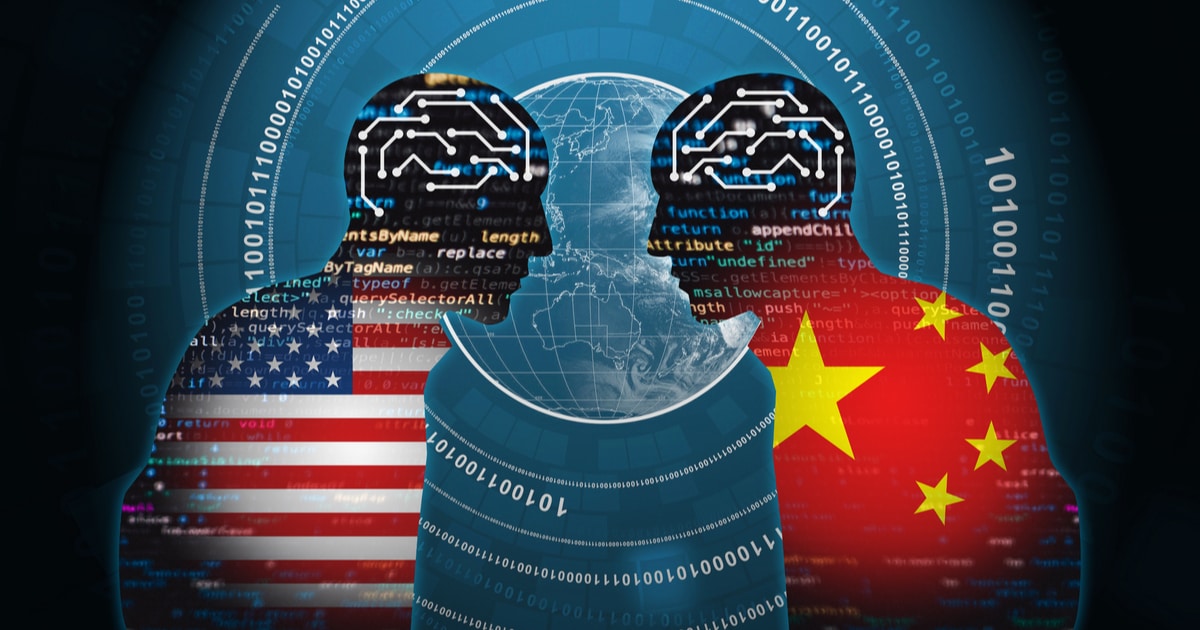Zhonghua Sheng, Researcher and Postdoctoral Fellow, Centre for Contemporary China and the World, The University of Hong Kong
Sep 13, 2024
The Volt Typhoon cyberattacks underscore the escalating tensions between China and the U.S. in cyberspace, with both nations deepening mutual distrust that risks spiraling into broader conflict. To prevent further deterioration, the U.S. and China must engage in dialogue, establish international cybersecurity frameworks, and cooperate on managing cyber threats, ensuring that neither side becomes the winner of a destructive cyber or AI-driven war.

Peter Bittner, Lecturer, University of California, Berkeley
Dec 21, 2023
The new frontier of AI may be the most exciting technology in the world, and the most controversial. The need for regulations across cultures and countries could be an opening for the U.S. and China to cooperate for the greater good.

Lu Chuanying, Fellow and Secretary-general of the Research Center for the International Governance of Cyberspace, SIIS
Jul 21, 2021
For China and the United States, virtually all technology eventually touches on cybersecurity. But cooperation, based on trust, can be achieved. Trust is the basis of any cooperative relationship. Without it, concrete initiatives are incredibly difficult to implement.
Lu Chuanying, Fellow and Secretary-general of the Research Center for the International Governance of Cyberspace, SIIS
Jun 12, 2021
The international community must engage in serious discussions on whether cyber intelligence collection is necessary. If it is, what should be the boundaries? Any ambiguity or hesitation on the part of major players will lead others to mimic U.S. behavior.

Joseph S. Nye, Professor, Harvard University
Dec 18, 2019
In little more than a generation, the Internet has become a vital substrate for economic, social, and political interactions, and it has unlocked enormous gains. Along with greater interdependence, however, come vulnerability and conflict. Attacks by states and non-state actors have increased, threatening the stability of cyberspace.

Jia Qingguo, Director and Professor, Institute for Global Cooperation and Understanding, Peking University
Nov 15, 2019
Decouple or not? That is the question in fraught China-U.S. trade tango.
Apr 01, 2019
Data flows and other high-tech issues come to the fore as officials pursue agreement.
Joseph S. Nye, Professor, Harvard University
Mar 06, 2019
Deterrence will not be enough.

Joseph S. Nye, Professor, Harvard University
Mar 09, 2018
Although Moore’s law about the doubling of computing power every two years means that cyber time moves quickly, human habits, norms, and state practices change more slowly.
Jan 17, 2018
Google has quietly opened a third office in China, highlighting its growing hardware and ad businesses in the country even as the US tech company’s signature search engine remains blocked there.